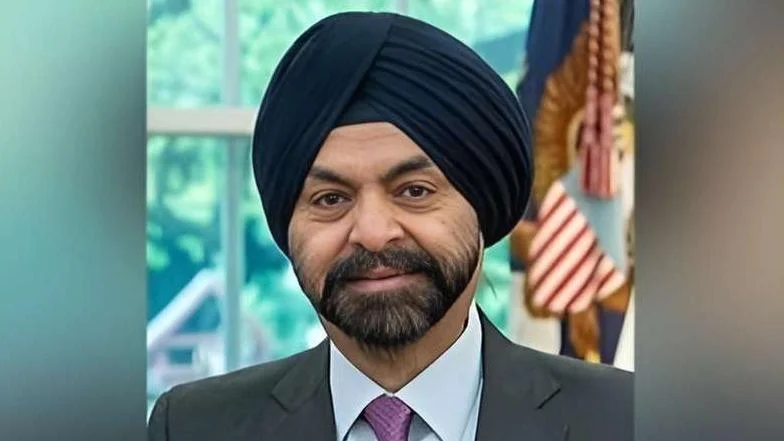Ecuador has secured additional financial support from the World Bank to enhance its social protection systems, particularly benefiting the most vulnerable populations. This initiative also addresses climate change impacts and aims to improve child development services in Ecuador, including those affected by human mobility.
The funding of $110 million will bolster the Social Safety Net project managed by the Ministry of Economic and Social Inclusion, the Social Registry Unit, and the Ministry of Public Health. Notably, $10 million comes from a Global Concessional Financing Facility (GCFF) grant.
The new funds will update the Social Registry with local government involvement. The updated model will include data on climate vulnerability among impoverished households facing chronic malnutrition. It also encompasses disaster preparedness for economically disadvantaged families.
Zaida Rovira, Minister of Economic and Social Inclusion, emphasized that "the Ecuadorian government's policy seeks to protect children from poor households that are at risk of malnutrition, cognitive delay and disaster threats, regardless of nationality." She highlighted the importance of comprehensive action supported by organizations like the World Bank.
A significant component of this project involves cash transfers and child development services for poor households with young children. These transfers depend on health and child development service provision. The initiative aims to reduce chronic malnutrition in children while supporting populations affected by human mobility.
Boris Weber, World Bank Resident Representative in Ecuador, stated: "The approval of this additional financing reflects the World Bank's commitment to the most vulnerable sectors and poverty reduction in Ecuador." He noted that previous investments have significantly reduced malnutrition indicators and aided families in child-rearing efforts.
The project aligns with Ecuador's strategy "Ecuador Grows Without Chronic Childhood Malnutrition," aiming to address nutrition service gaps in prioritized parishes.
Since its inception in 2016, GCFF has provided substantial support to middle-income countries hosting large numbers of refugees. To date, it has granted Ecuador $60.10 million enabling $1.6 billion in concessional loans addressing refugee impacts. The latest contribution is backed by the United States government.

